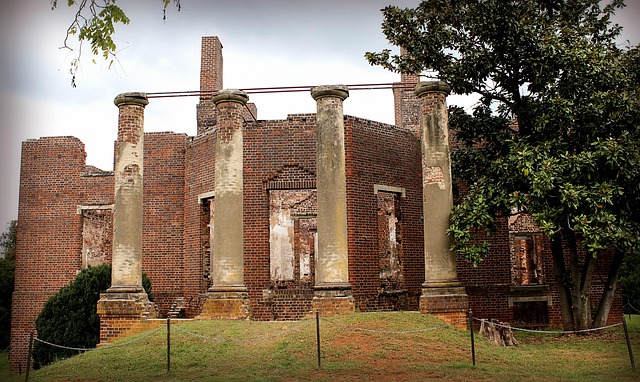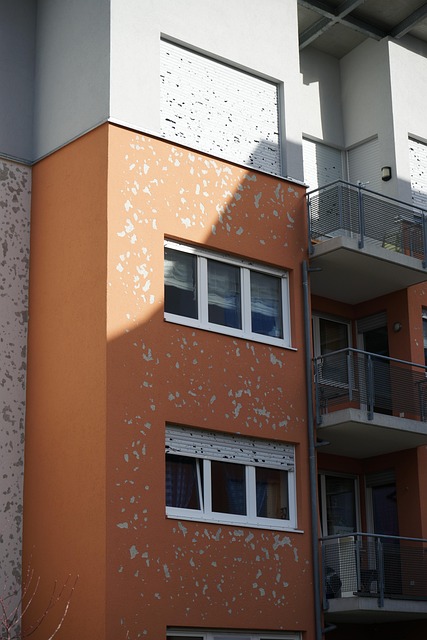Selling a fire-damaged house in California requires adhering to strict disclosure laws, ensuring transparency for buyers. Sellers must promptly disclose known fire damage, its extent, and safety measures taken, using a Fire Damage Disclosure Statement. Minor repairs may not require detailed reporting, but buyers should inquire about fire history during inspection. Thorough assessments by professionals are crucial for accurate disclosure, avoiding legal complications and setting realistic buyer expectations. Compliance is essential to protect buyers and maintain the integrity of the real estate market when selling a fire-damaged property in California.
When selling a fire-damaged house in California, adhering to strict disclosure rules is paramount. This comprehensive guide navigates the intricate web of California’s fire disclosure laws, equipping sellers and buyers with essential knowledge. We explore when and how to disclose fire damage, exceptions, and legal implications. By understanding these regulations, you can ensure transparency, avoid common pitfalls, and facilitate a smooth transaction in the Golden State.
- Understanding California's Fire Disclosure Laws
- When and How to Disclose Fire Damage to Buyers
- Exceptions and Exclusions: What Doesn't Apply to Disclosure?
- The Process of Providing Accurate Information to Sellers
- Legal Implications and Common Pitfalls for Non-Compliance
Understanding California's Fire Disclosure Laws

In California, selling a fire-damaged house comes with specific legal requirements designed to protect buyers and ensure transparency. The state’s fire disclosure laws mandate that sellers disclose any known past or current fire damage, as well as relevant details about fire safety features and compliance. These rules are crucial for buyers looking to purchase a fire damaged home, enabling them to make informed decisions and plan accordingly.
When selling a fire-damaged property in California, sellers must complete and provide a Fire Damage Disclosure Statement. This form requires the disclosure of any fires that have occurred on the property, the extent of damage, and whether certain safety measures like smoke detectors, fire alarms, or fire sprinkler systems are installed and operational. Sellers who fail to disclose material information related to fire damage may face legal consequences, emphasizing the importance of understanding and adhering to these disclosure laws for a smooth transaction process.
When and How to Disclose Fire Damage to Buyers

When selling a fire-damaged house in California, it’s crucial to be transparent with potential buyers about the extent of any damage. According to state laws, sellers must disclose known defects or material facts that could affect a buyer’s decision, including fire damage. This transparency ensures buyers are fully informed and can make an appropriate offer or decision.
Fire damage disclosure should occur promptly after the seller becomes aware of the issue. During the listing process, the real estate agent should provide potential buyers with a detailed report outlining any fire-related repairs, restoration work, or known issues. This exchange should include both the scope of the damage and the costs associated with necessary repairs to give buyers a clear understanding of what they can expect if purchasing the property.
Exceptions and Exclusions: What Doesn't Apply to Disclosure?

When selling a fire-damaged house in California, there are specific rules and regulations that buyers should be aware of. However, it’s important to note that not every scenario falls under these disclosure requirements. Exceptions and exclusions play a significant role in simplifying the process for both homeowners and potential buyers.
The state’s fire disclosure laws typically do not apply to properties that have undergone minor repairs or renovations. If the fire damage is minimal and the repairs don’t alter the structural integrity of the house, sellers are often exempt from providing detailed disclosures. This exemption is designed to avoid unnecessary legal complexities and costs for homeowners who have made simple fixes. For instance, a seller who painted over smoke damage or replaced burnt flooring may not be required to disclose these as potential issues, especially if the replacements are identical to the original materials. However, it’s crucial for buyers to inquire about any known fire-related incidents during their inspection to ensure full transparency.
The Process of Providing Accurate Information to Sellers

When selling a fire-damaged house in California, transparency and accurate disclosure are paramount. Sellers must meticulously assess the property’s condition, including any fire damage, and provide detailed information to potential buyers. This process involves a step-by-step evaluation of the extent of damage, from structural integrity to hidden issues like mold or hazardous materials. It’s crucial to consult with professionals who can inspect the house and provide certified reports, ensuring all findings are precise and up-to-date.
Sellers should then compile these reports and create a comprehensive disclosure document. This should include a detailed description of the fire event, its impact on the property, and any ongoing repairs or remediation efforts. All relevant information must be accurately represented to avoid legal issues and set clear expectations for buyers considering purchasing a fire-damaged home in California.
Legal Implications and Common Pitfalls for Non-Compliance

When selling a fire-damaged home in California, failure to disclose significant information can have severe legal repercussions. The state’s strict disclosure rules aim to protect buyers and ensure transparency. Non-compliance may lead to lawsuits, with buyers potentially seeking damages for misrepresentations or omissions. Sellers must provide detailed accounts of any fires, the extent of damage, and repairs made, ensuring potential buyers are fully informed.
Common pitfalls for non-compliance include vague or incomplete disclosures, omitting essential details about the fire’s impact, or providing inaccurate information. Buyers may rely on these disclosures when making significant financial decisions, so honest and thorough communication is crucial. Sellers who neglect these obligations risk not only legal action but also damaging their reputation in the real estate market, especially among buyers who value transparency and honesty.
When selling a fire-damaged house in California, adhering to strict disclosure rules is paramount. Understanding when and how to disclose fire damage, as well as exceptions and legal implications, ensures a smooth transaction. Sellers must provide accurate information to buyers, avoiding common pitfalls that could lead to legal consequences. By being transparent and proactive, both parties can navigate the process with confidence, ultimately facilitating a successful sale while prioritizing safety and compliance in California’s real estate market.






